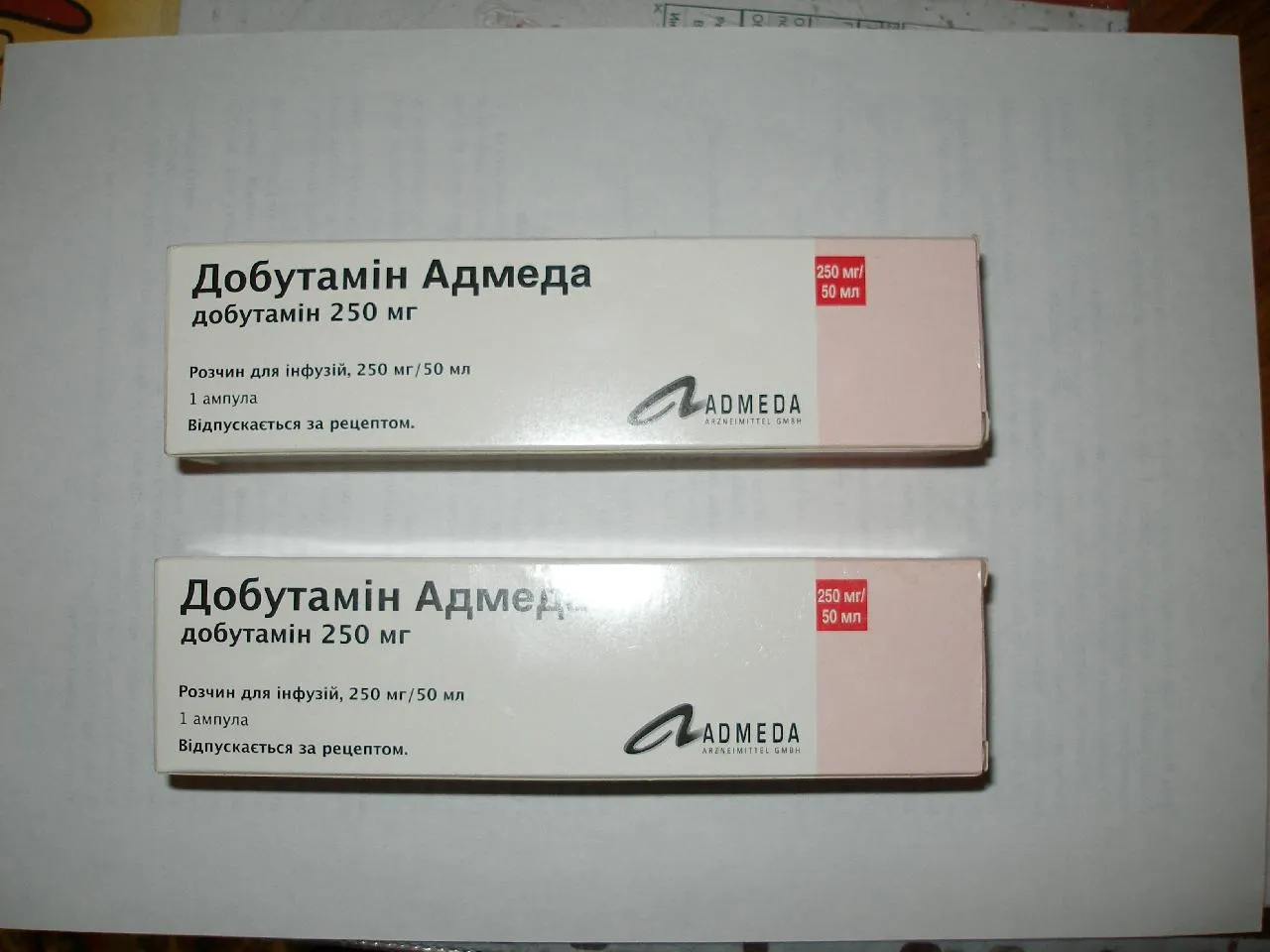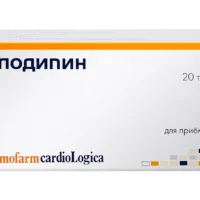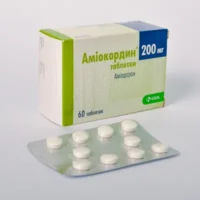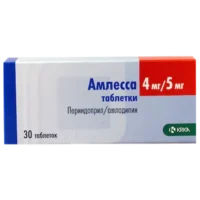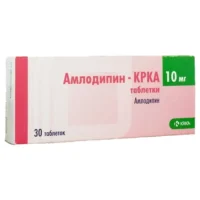Description
Dobutamin (dobutamine) Admeda solution for infusions 250 mg. 50 ml. №1
Ingredients:
Each 50 ml vial contains 250 mg of dobutamine hydrochloride as the active ingredient.
Mechanism of Action:
Dobutamine is a synthetic catecholamine with predominantly beta-1 adrenergic agonist activity, resulting in increased myocardial contractility and stroke volume. It acts by stimulating beta-1 adrenergic receptors in the heart, leading to increased cardiac output.
Pharmacological Properties:
Dobutamine exerts its pharmacological effects through selective activation of beta-1 adrenergic receptors in the heart muscle, resulting in positive inotropic effects without significant chronotropic effects. This leads to enhanced cardiac contractility and improved cardiac output.
Indications for Use:
Dobutamine is indicated for the short-term treatment of adults with cardiac decompensation due to depressed contractility, either in the presence of normal or raised filling pressures. It is commonly used in conditions such as acute heart failure where inotropic support is required to improve cardiac function.
Contraindications:
Do not use Dobutamin in patients with idiopathic hypertrophic subaortic stenosis, known hypersensitivity to dobutamine, or uncorrected tachyarrhythmias. Caution should be exercised in patients with severe hypertension, hypovolemia, or ventricular outflow obstruction.
Side Effects:
Common side effects of dobutamine may include tachycardia, palpitations, headache, hypertension, and ectopic beats. In rare cases, severe adverse reactions such as ventricular arrhythmias or myocardial ischemia may occur. Monitoring for signs of adverse effects is essential during dobutamine therapy.
Usage Instructions:
The dosage of Dobutamine should be individualized based on the patient’s condition and response to treatment. It is administered intravenously by a healthcare professional experienced in the management of acute cardiac disorders. The infusion rate should be adjusted to achieve the desired hemodynamic effect.
Benefits Compared to Analogues:
Dobutamine offers advantages over other inotropic agents due to its selective beta-1 adrenergic activity, which results in improved cardiac contractility with minimal impact on heart rate. This specificity contributes to a more targeted and effective treatment approach in patients requiring inotropic support.
Suitable Patient Groups:
Dobutamine is suitable for use in adult patients with acute cardiac decompensation requiring inotropic support. It is particularly beneficial in individuals with depressed contractility and compromised cardiac function. Special caution and dose adjustments are necessary when administering dobutamine to elderly patients or those with preexisting cardiac conditions.
Storage Conditions and Shelf Life:
Dobutamine should be stored at controlled room temperature away from light and moisture. The product should be protected from freezing. Check the expiration date on the packaging and do not use the solution after the specified shelf life has passed.
Packaging Description:
The Dobutamine solution for infusions is supplied in 50 ml vials, each containing 250 mg of dobutamine hydrochloride. The packaging is designed to maintain the sterility and integrity of the product until it is ready for use. Each vial is labeled with essential information including dosage strength and expiration date.
Scientific Evidence:
Dobutamine has been extensively studied in clinical trials and has shown efficacy in improving cardiac function in patients with acute heart failure. Clinical studies have demonstrated the positive impact of dobutamine on hemodynamic parameters and overall cardiac performance in individuals with compromised contractility.
Additional Information:
Dobutamine is commonly used in critical care settings to provide temporary inotropic support in patients with acute decompensated heart failure. It is considered a valuable tool in managing acute cardiac conditions due to its rapid onset of action and short duration of effects. Healthcare professionals rely on dobutamine for its ability to enhance myocardial contractility and improve cardiac output in critically ill patients.

